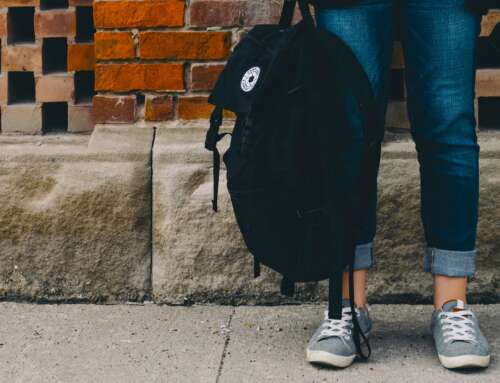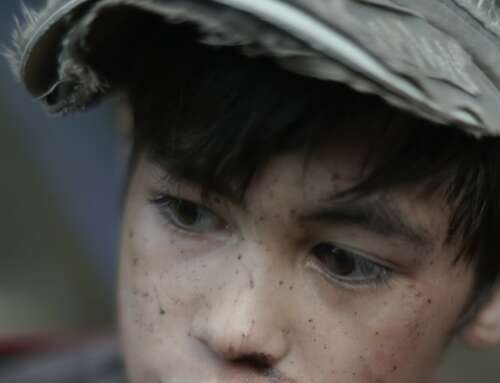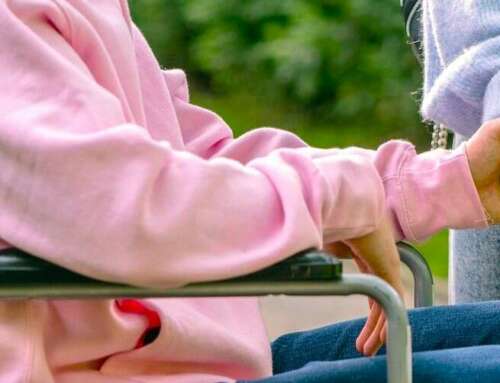A desire to understand how Australians become radicalised has created some popular ideas about the creation of jihadists that are misleading or completely incorrect, a leading expert on terror networks has warned.
At the heart of this misunderstanding is the idea that terrorists can be created in a vacuum, just by viewing Islamic State propaganda online.
Researching the three waves of terror plotting in Australia, Shandon Harris-Hogan and Kate Barrelle have found that jihadism — defined in the report as “violent manifestations of Islamism” — is most often seeded by social and family groups.
Mr Harris-Hogan currently trains counterterrorism authorities and the Australian Federal Police in understanding deradicalisation and disengagement.
“It’s that real-world influence, not anything to do with their online behaviour or online contact,” Mr Harris-Hogan said.
It’s not social media radicalising teenagers
“Within the Australian teenage jihadist network there are very few, if any, examples of teenagers being radicalised solely online,” Mr Harris-Hogan said.
Of the 116 Australian jihadists studied over a 17-year period, 109 of the individuals were found to have real-world human connections.
While the internet enables Australian teenagers to connect with people all over the world, social media platforms act as echo chambers to reinforce existing beliefs, but there is no evidence to suggest that is the cause of radicalisation.
Mr Harris-Hogan says it is time to stop blaming social media for radicalising teenage jihadists and start looking at existing networks.
More women and girls are becoming jihadists
While there were no women charged during the first two waves of jihadists examined by Mr Harris-Hogan, a handful of females have been charged with terrorist offences in the past few years.
“Women are certainly playing a more active role in the network and have moved to the forefront,” he said.
In 2015, Fatima Elomar was arrested at Sydney airport on her way to join her terrorist husband, Mohammed Elomar, in Syria.
In March 2016, a teenager was charged with receiving funds intended for a relative fighting with Islamic State and in February 2017 another teenager was arrested with her husband for preparing acts to commit a terrorist attack.
“Each of the women involved were either arrested while assisting their partner or another family member in terror-related activities,” Mr Harris-Hogan said.
– Suzanne Dredge and Clare Blumer
Read More: ‘Social Media Creates Terrorists’ and Other Myths of Australian Jihadists Debunked
Image Source: Flickr.com







Leave A Comment